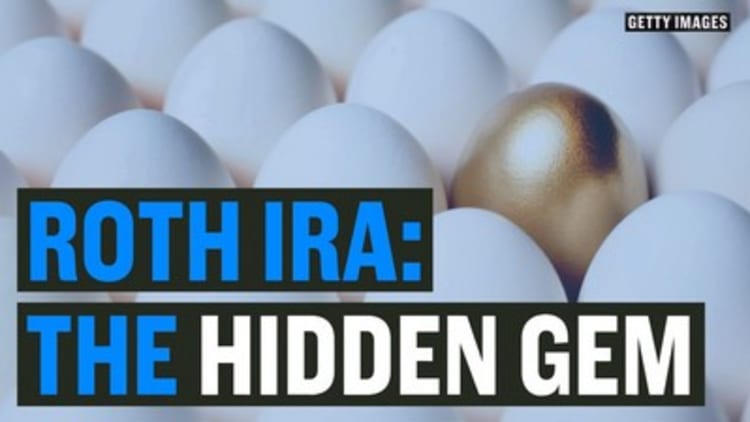
While a Roth individual retirement account can certainly help increase the size of your nest egg, it's always important to weigh the pros and cons before you invest, says Rianka Dorsainvil, a millennial certified financial planner and owner of Your Greatest Contribution.
Dorsainvil says it's important for everyone to understand all the benefits offered when investing in a Roth IRA. Dorsainvil, who works with Gen Y clients and helps navigate them through their financial lives, urges them to invest in Roth IRAs.
"A Roth IRA is a hidden gem when it comes to investing," she said. "And that's especially true for young professionals."
More from Advice and the Advisor:
Advisors should offer fee diversification
Millennials' top 10 money mistakes
Take these simple steps to stretch your savings
She points out that a Roth IRA offers many lucrative benefits, such as flexibility on withdrawals and distributions, an array of investment opportunities and the minimal tax penalties associated with it. There are, however, a few drawbacks to a Roth IRA.
There is a contribution limit. The maximum allowable annual contribution limit is $5,500, or $6,500 if you're age 50 and over. Also, unlike traditional retirement accounts, Roth IRAs have income restrictions.
The Internal Revenue Service sets income eligibility rules for a Roth IRA each year. These limits are based on modified adjusted gross income. This year a single person with a MAGI of $133,000 or more and a married couple making more than $196,000 cannot directly fund a Roth IRA.
Taxes play a large role when we invest for retirement, says Dorsainvil. That's why a Roth IRA is a great option. One potential way to minimize taxes is through investing in a Roth IRA. With a Roth IRA, investors contribute after-tax dollars from their paychecks and can withdraw any earnings tax-free in retirement. With a traditional IRA, contributions may be tax-deductible, but withdrawals are taxable.
"A Roth IRA does offer great tax benefits," she said. "It's key to know that when it comes time to take that money out for retirement, it's all tax-free."





